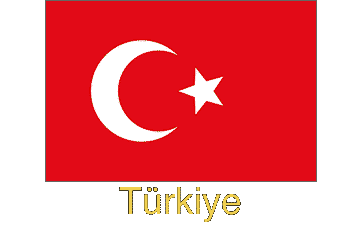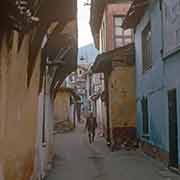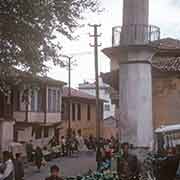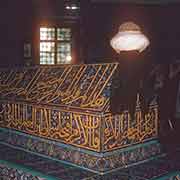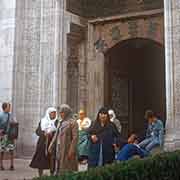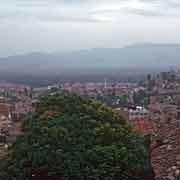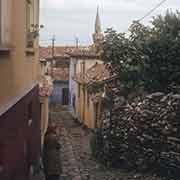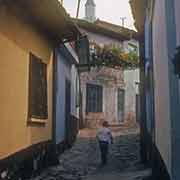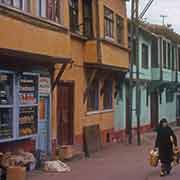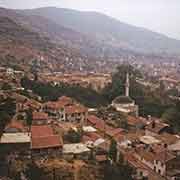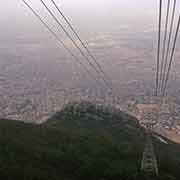Photos of Bursa, the first major capital of the Ottomans, Turkey
Bursa, the first major capital of the Ottomans
Bursa is Turkey’s fourth most populous city in northwest Turkey, just south of the Sea of Marmara. It lies at the foot of 2,543 metre-high Mount Uludağ and has many mosques and historical sites from the early Ottoman Empire. Between 1335 and 1363 it was the first major and second overall capital of the Ottoman State. Its nickname “Yeşil Bursa” (Green Bursa), hints at its many parks and trees, and its mountain backdrop.
you may then send it as a postcard if you wish.
The ancient Greek city of Cius, on the Propontis (now known as the Sea of Marmara) already had a long history. King Philip V of Macedon granted it to Prusias I, the King of Bithynia, in 202 BCE. Prusias then rebuilt the city and named it Prusa, after himself. Bithynia was a Greek kingdom, on the Sea of Marmara. Its last king, Nicomedes IV, bequeathed the entire country to the Roman Empire in 74 BCE. “Prusa” became “Bursa” and became the first major capital city of the early Ottoman State after its capture from the Byzantines in 1326. In 1363 the Ottomans captured Adrianople (Edirne) and made that city their capital, but Bursa remained an important spiritual and commercial centre.
Above Bursa is Uludağ National Park, the highest area in western Anatolia. A cable-car ascends from Bursa to the ski resort area Sarialan on Uludağ mountain, at 1638 metres elevation.


